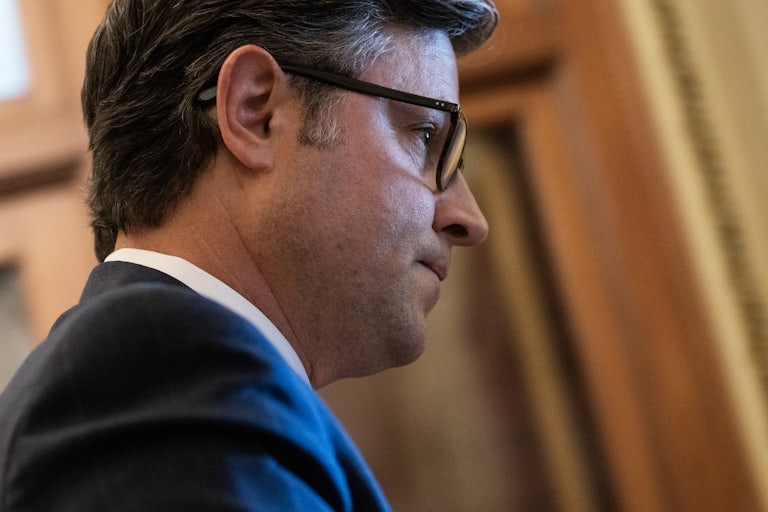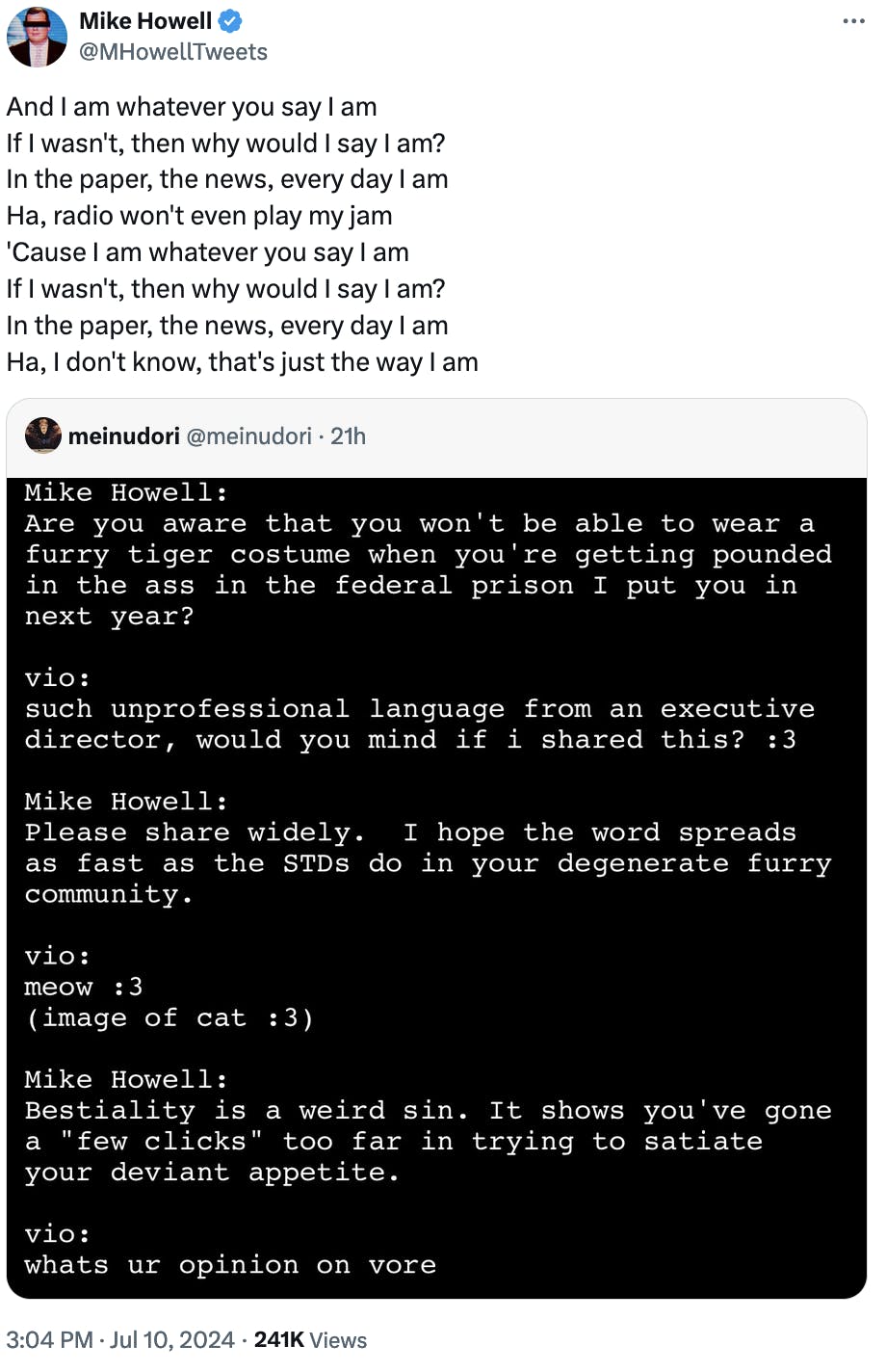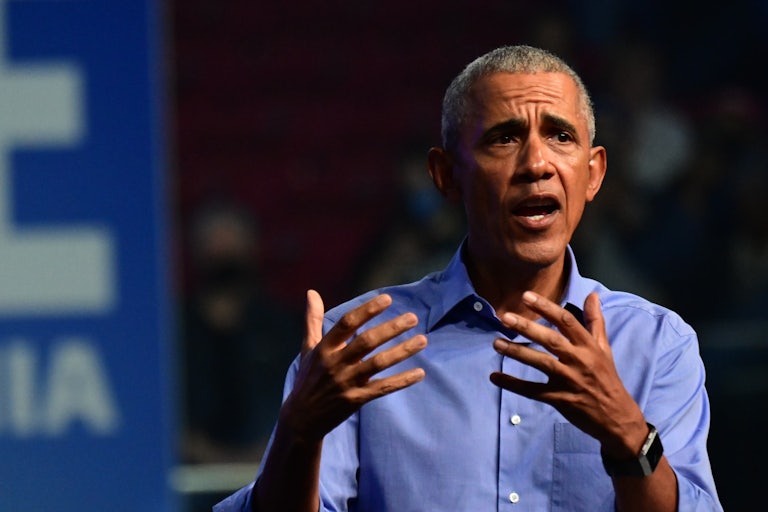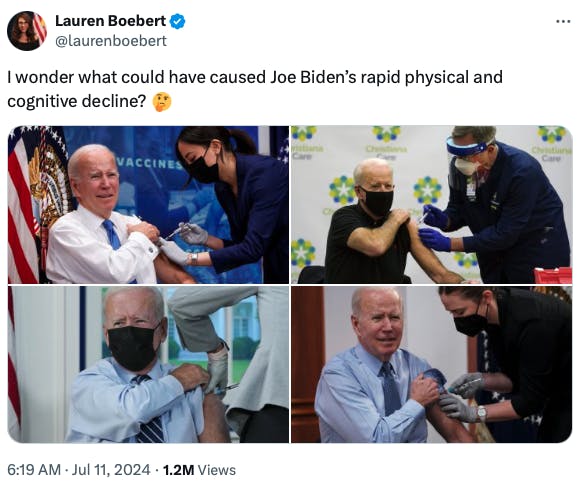Dick Durbin’s Spineless Delay on Supreme Court Corruption
Durbin said the Senate Judiciary Committee will meet … in a few months.
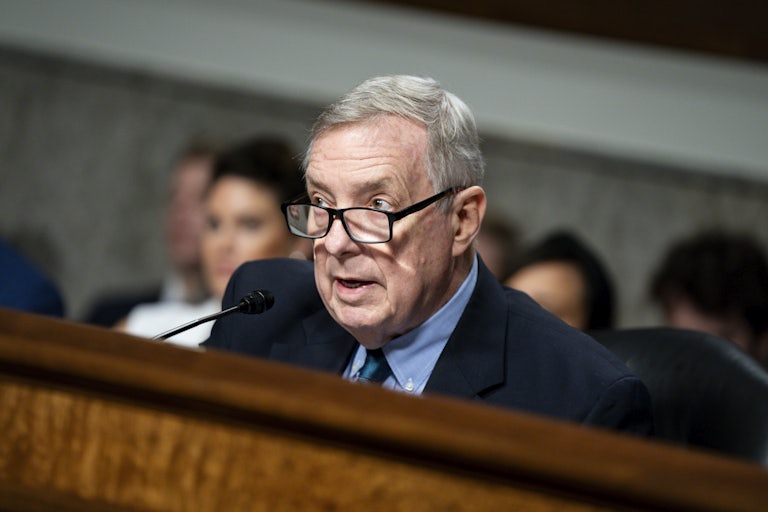
Illinois Senator Dick Durbin announced Thursday that the Senate Judiciary Committee plans to conduct a review of the Supreme Court’s presidential immunity ruling, arguing that “Congress cannot turn a blind eye to it.” But the meeting won’t happen until September.
“During this upcoming hearing, we will examine the breadth of future misconduct that may be immunized from prosecution, consider the unprecedented nature of this immunity in American history, and discuss legislative solutions to the dangers of this decision,” Durbin, the committee chairman, said in a statement obtained by HuffPost.
“The Senate Judiciary Committee will not tolerate these justices cherry-picking their way through text and history to impose their own extreme vision of presidential power on the American people,” he said.
Details on the event are scant. The hearing does not yet have a specific date, and names of potential witnesses have not been revealed. It’s unclear what—if any—influence the September hearing will have on the judicial ruling, or if it will even happen in time to have any effect.
The announcement follows a groundswell of calls for increased checks and balances for the nation’s highest court, which has a history of ethics violations and has most recently made several dangerous rulings, stripping executive agencies of their authority and expanding the definition of presidential immunity. That new definition has effectively killed any criminal charges against Donald Trump related to his efforts to overturn the 2020 presidential election results, and for his involvement in stoking the January 6 attack his supporters led on the U.S. Capitol.
New York Representative Alexandria Ocasio-Cortez on Wednesday introduced impeachment articles against Supreme Court Justices Samuel Alito and Clarence Thomas, both of whom have a recorded affinity for accepting lavish gifts from Republican billionaires. The articles include counts for failing to disclose financial income and gifts, as well counts for refusing to recuse themselves from cases that concerned either their spouse’s legal or financial benefits or their own.

